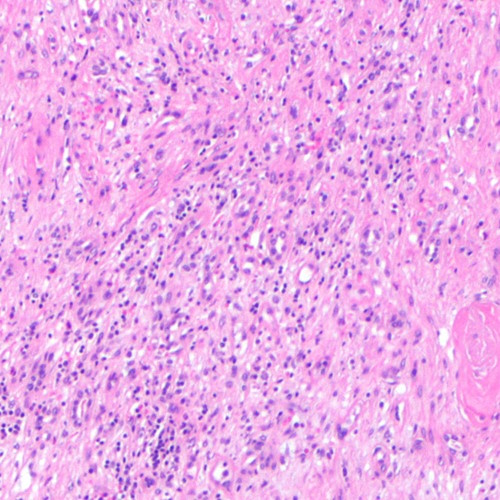Key points from article :
Cyclana Bio, a new Cambridge-based biotech, is aiming to revolutionize women’s health by tackling diseases characterized by chronic inflammation, starting with endometriosis. Founded by Dr. Léa Wenger and Prof. Kevin Chalut, both former scientists at Altos Labs, the company is using advanced tissue modelling technologies to study disease at the tissue level rather than in isolated cells. Their approach integrates multi-scale biological data, including epigenetics, cell signalling, and extracellular matrix biology, to build in vitro models that closely replicate human tissue and disease behaviour.
Endometriosis, which affects roughly one in ten women worldwide, is notoriously difficult to study because it involves abnormal growth of womb lining tissue outside the uterus. Traditional 2D cell culture fails to capture how cells behave in their natural tissue environment, often leading to misleading drug testing results. Cyclana’s founders aim to overcome this by creating tissue models that accurately mimic the mechanical and biochemical environment of endometrial tissue, improving the chances of identifying effective therapies.
A unique aspect of Cyclana’s approach is the use of menstrual fluid as a source of human tissue. Menstrual fluid provides biopsy-grade tissue that can be used to build physiologically relevant models, offering an unprecedented window into the disease. By collecting samples from volunteers, Cyclana can study disease mechanisms, stratify patients, and identify potential drug targets—all while involving women directly in the research that affects them.
While the company’s immediate focus is endometriosis, Cyclana’s platform has broader potential. Chronic inflammation and tissue-level dysfunction are central to many diseases, including fibrosis and other inflammatory conditions. Over the next few years, Cyclana plans to refine its tissue models, generate insights into disease biology, and advance drug candidates toward clinical development, potentially reshaping the way chronic inflammatory diseases are studied and treated.








